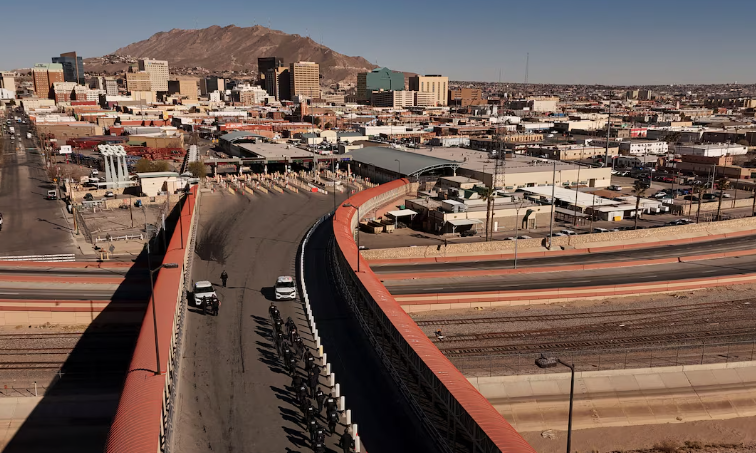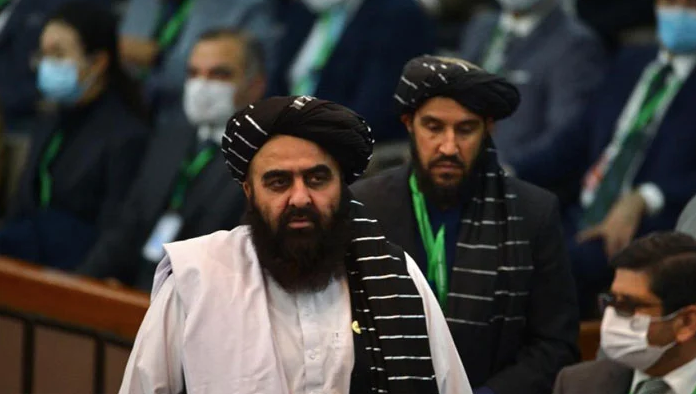WORLD NEWS

Mexico has refused a request from President Donald Trump’s administration to allow a U.S. military aircraft to land in the country for deporting migrants. The refusal came after the U.S. military successfully carried out two similar deportation flights to Guatemala on Friday, each carrying about 80 migrants. However, the plan to land a C-17 transport aircraft in Mexico was blocked, with both U.S. and Mexican officials confirming the decision.
The Mexican foreign ministry responded to the situation late on Friday, emphasizing that the country has a strong and cooperative relationship with the U.S. on various issues, including immigration. However, Mexico's stance on repatriations appears to be nuanced. “When it comes to repatriations, we will always accept the arrival of Mexicans to our territory with open arms,” the ministry said in a statement, but it did not provide a reason for denying the U.S. aircraft’s request.
Escalating U.S.-Mexico Tensions on Immigration This decision comes at a time when U.S.-Mexico relations have been strained following the declaration of a national emergency along the U.S.-Mexico border by Trump on Monday. The president has ordered the deployment of 1,500 additional U.S. troops to the border, with more expected in the near future. Alongside these measures, Trump has also declared Mexican drug cartels as terrorist organizations and threatened a 25% duty on Mexican goods starting in February.
On the immigration front, the Trump administration has revived the controversial "Remain in Mexico" program, which forces non-Mexican asylum seekers to wait in Mexico while their cases are processed in the U.S. However, Mexican President Claudia Sheinbaum has made it clear that the country would not accept asylum-seekers under such conditions unless an agreement was reached, something that has not yet occurred.
Mexico’s Position on Migrants and Deportations Sheinbaum, a leftist leader, has expressed a commitment to not escalating tensions with the U.S. while maintaining that Mexican nationals being deported from the U.S. should always be welcome back home. However, she has also emphasized that mass deportations are not a practice Mexico supports. “Mexican immigrants are vital to the U.S. economy,” Sheinbaum has stated, a sentiment that contrasts with Trump’s hardline immigration stance.
The use of U.S. military aircraft to deport migrants is part of the Pentagon’s response to the national emergency declared by Trump earlier this week. This marks the first time in recent history that military aircraft have been used for such a purpose, with the Pentagon planning to deport over 5,000 immigrants currently held in U.S. facilities in El Paso, Texas, and San Diego, California.
Deportations to Guatemala While Mexico has denied the U.S. request, Guatemala has received its share of deported migrants. On Friday, a third flight of about 80 migrants arrived in Guatemala on a chartered commercial aircraft. Guatemalan authorities confirmed the arrival and noted that the country had been receiving such flights regularly as part of the broader U.S. immigration policy.
The use of military aircraft for deportation flights represents a significant shift in U.S. immigration enforcement strategies. Despite the challenges and diplomatic tensions, it remains to be seen how both countries will navigate the increasing pressure surrounding migration and the future of U.S.-Mexico relations.




